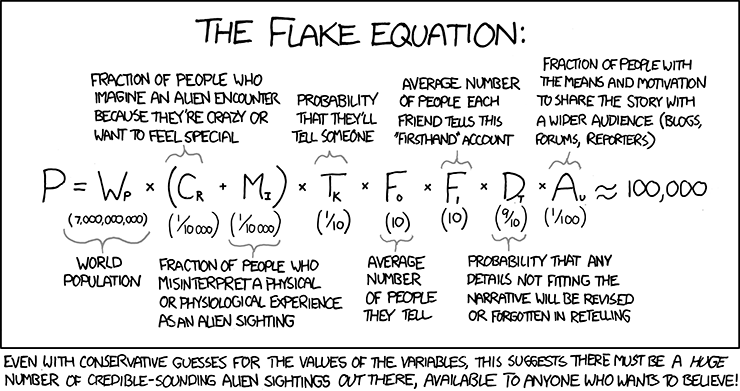The root of the climate email fiasco
When I read that, I was struck by the gulf between our worlds. To those of us who clamoured for freedom of information laws in Britain, FoI requests are almost sacred. The passing of these laws was a rare democratic victory; they’re among the few means we possess of ensuring that politicians and public servants are answerable to the public. What scientists might regard as trivial and annoying, journalists and democracy campaigners see as central and irreducible. We speak in different tongues and inhabit different worlds.
I know how it happens. Like most people with a science degree, I left university with a store of recondite knowledge that I could share with almost no one. Ill-equipped to understand any subject but my own, I felt cut off from the rest of the planet. The temptation to retreat into a safe place was almost irresistible. Only the extreme specialisation demanded by a PhD, which would have walled me in like an anchorite, dissuaded me.
I have to disagree with this. I don’t think that scientists see sharing of information as trivial and annoying. I think scientists see bureaucracy as trivial and annoying. Anything that stands in the way of doing science is usually seen as trivial and annoying. Training seminars, miscellaneous paperwork, silly and ineffectual rules imposed by the administration, IT, procurement, etc. are seen as trivial and annoying. The fun part of a scientist’s job is the science. We put up with crap, which can comprise the majority of our time, for the benefit of the time spent doing the science. Sharing data with a collaborator? Sure. Sharing data with someone will sift through it in an effort to cherry-pick some bit so that they can come to the opposite conclusion of what the data really say? IOW, somebody not doing science? I fully appreciate the resentment on the imposition of time and effort one might feel. I don’t condone efforts to break the law, but running it by the administration to see if it can be excluded as invalid, or any other loophole? I understand that tactic.
I also disagree with the sentiment that a science degree (and an undergraduate one at that) leaves one “Ill-equipped to understand any subject but my own.” If a science- or technology-related degree leaves you ill-equipped to understand a different science discipline, dear god, where does that leave someone who majors in the humanities or social sciences? I just don’t see that as being the case. What I do see is that some people are ignorant of science and proud of it, and others who want to be spoon-fed the science and aren’t willing to put forth any effort to learn the basics, so that we have a common ground for discussion.
Monbiot discusses the closed world of science, and how “There are no rewards for agreeing with your colleagues, tremendous incentives to prove them wrong.” This is absolutely true, and yet anyone familiar with political controversy over scientific issues knows that this is a message not getting out to the masses, so I’m not sure what the point is. Conspiracy and groupthink accusations abound in the global warming arena, and in almost all areas of science where there is dissent. Since there are basically no areas of science free of dissenters, dissent is not evidence of error. Consensus is the norm, unlike what the anti-AGW camp would have you believe.
Where I do agree with Monbiot is that getting the word out could see improvement; scientists could do a better job of engaging and explaining things to the public. This might be a tough sell, because it’s time away from doing science, and most scientists aren’t trained to do it. Gee, if only we had people who were trained in communication skills who could take the baton. But many journalists aren’t up to the task, because they lack the science skill set the scientists have, often don’t check to see that they are correct, or they want to present “both sides” of a story that doesn’t really have two sides; they end up giving credibility to positions that lack scientific merit.
Then comes the shot at higher education. It’s the schools’ fault. There may be some merit to that, when schools teach facts at the expense of the process of thinking. Given the title of the piece, I thought there would be more discussion on this.
——
Even if we could fix these problems, the cynic in me (he was delicious) asks, “to what end?” The reason I know that better communication and education of the public isn’t really the holy grail is that we have examples of this already. People have known for decades that smoking is bad for you, and yet people still smoke. Ditto for eating junk food. There are behaviors that are driven by something other than the logic of one’s well-being a few decades off in the future. I want a smoke or some cheese fries. Doctors — eh, what do they know? Statistics about what might happen later on are too much of an abstraction. Driving cars and cranking up the air conditioning on a hot day are what we want now, so it’s too easy to justify a dismissal of science, if one is offered to us. Even if it’s a lie or a rationalization. Most of the opponents of scientific endeavors aren’t going to be swayed by information — the facts. You can’t use logic and reason to dissuade someone who arrived at their position via emotional or ideological means.

